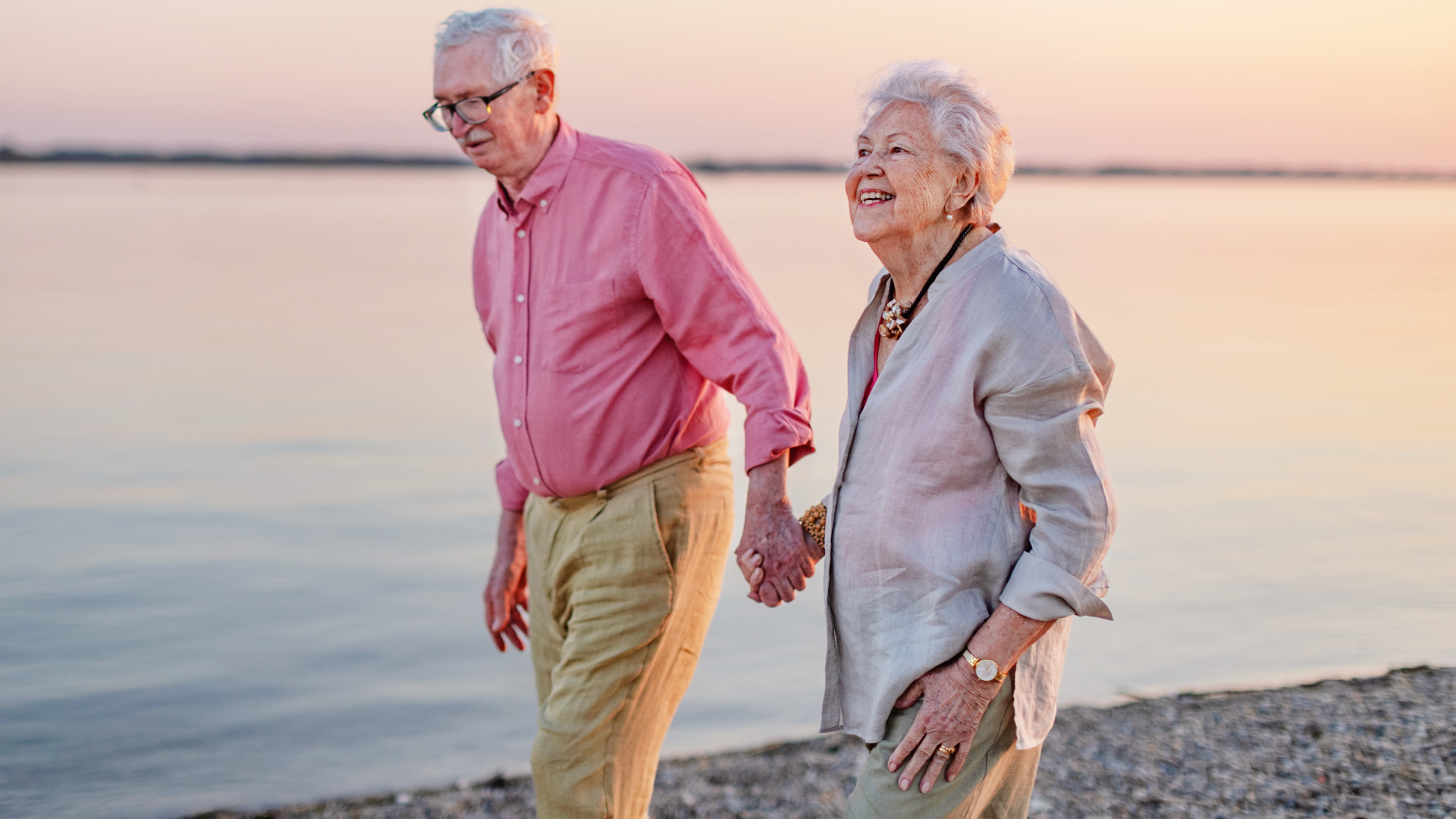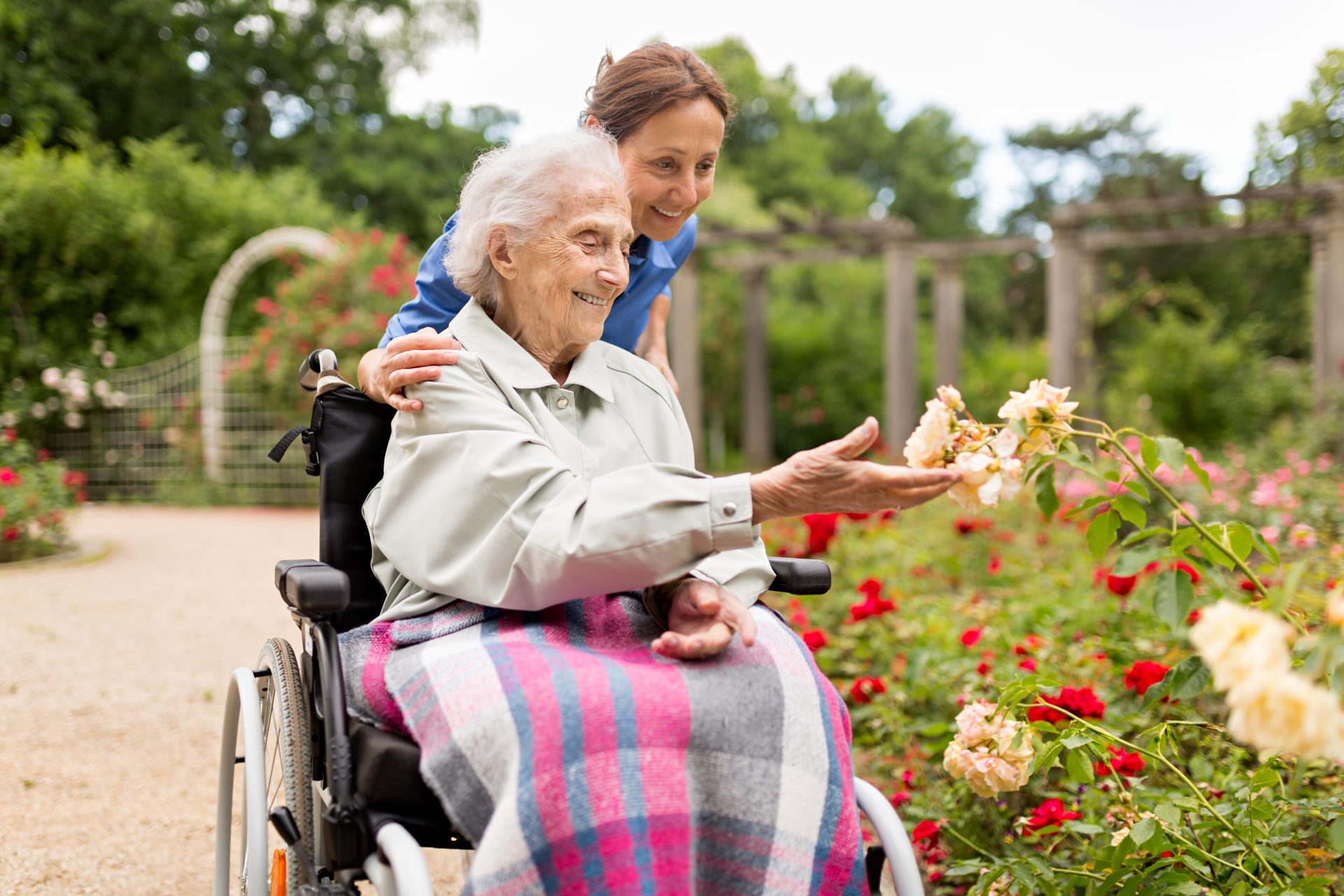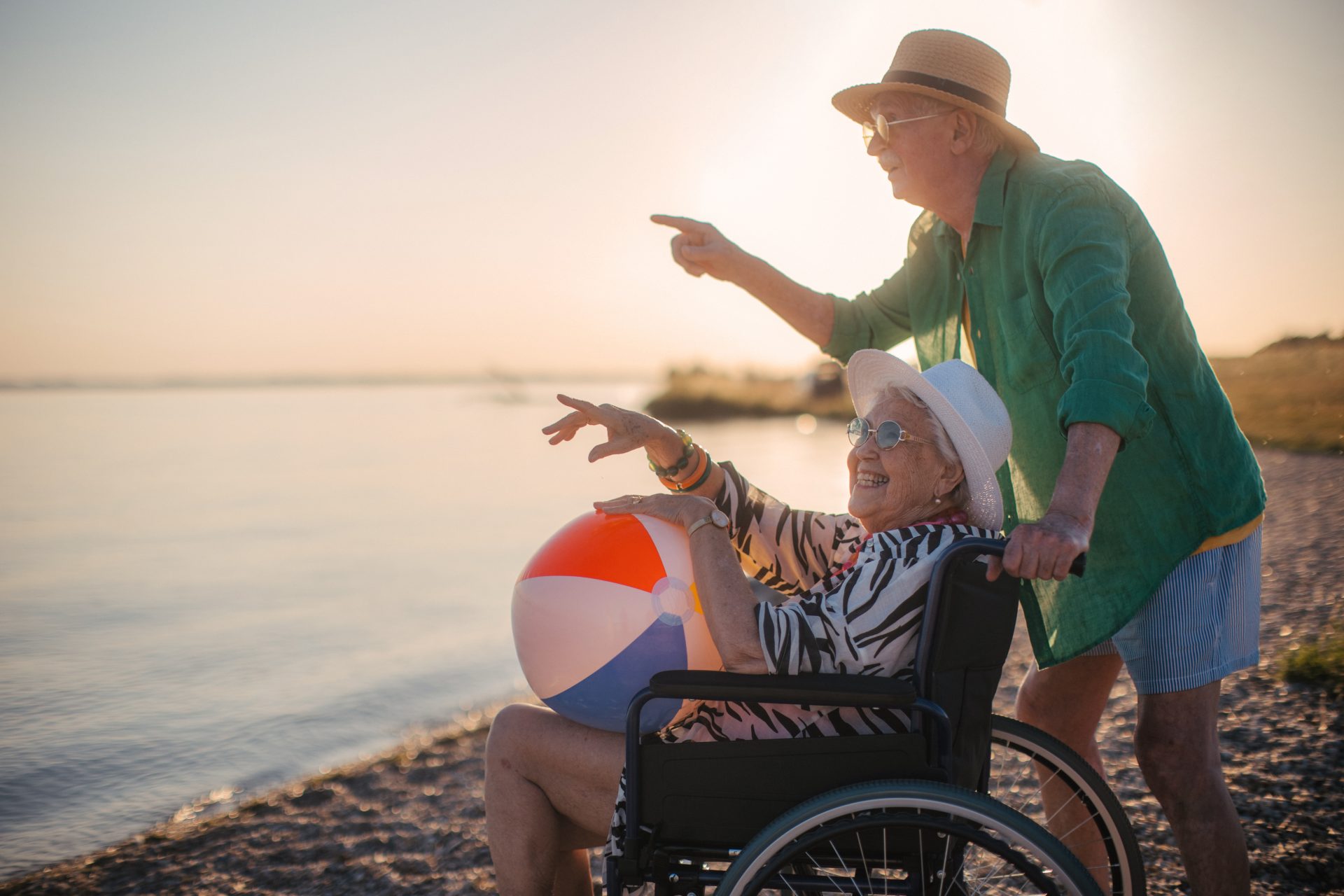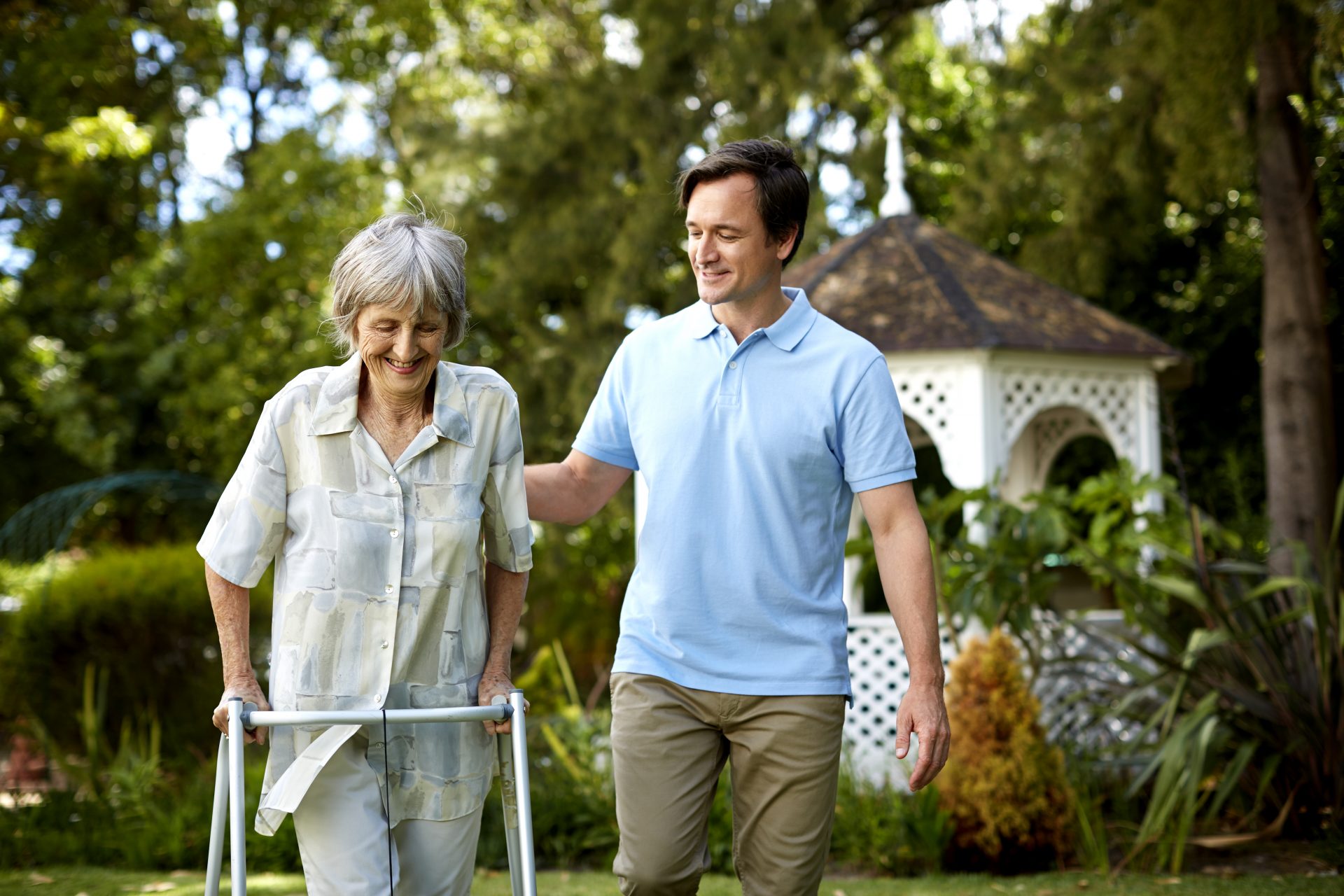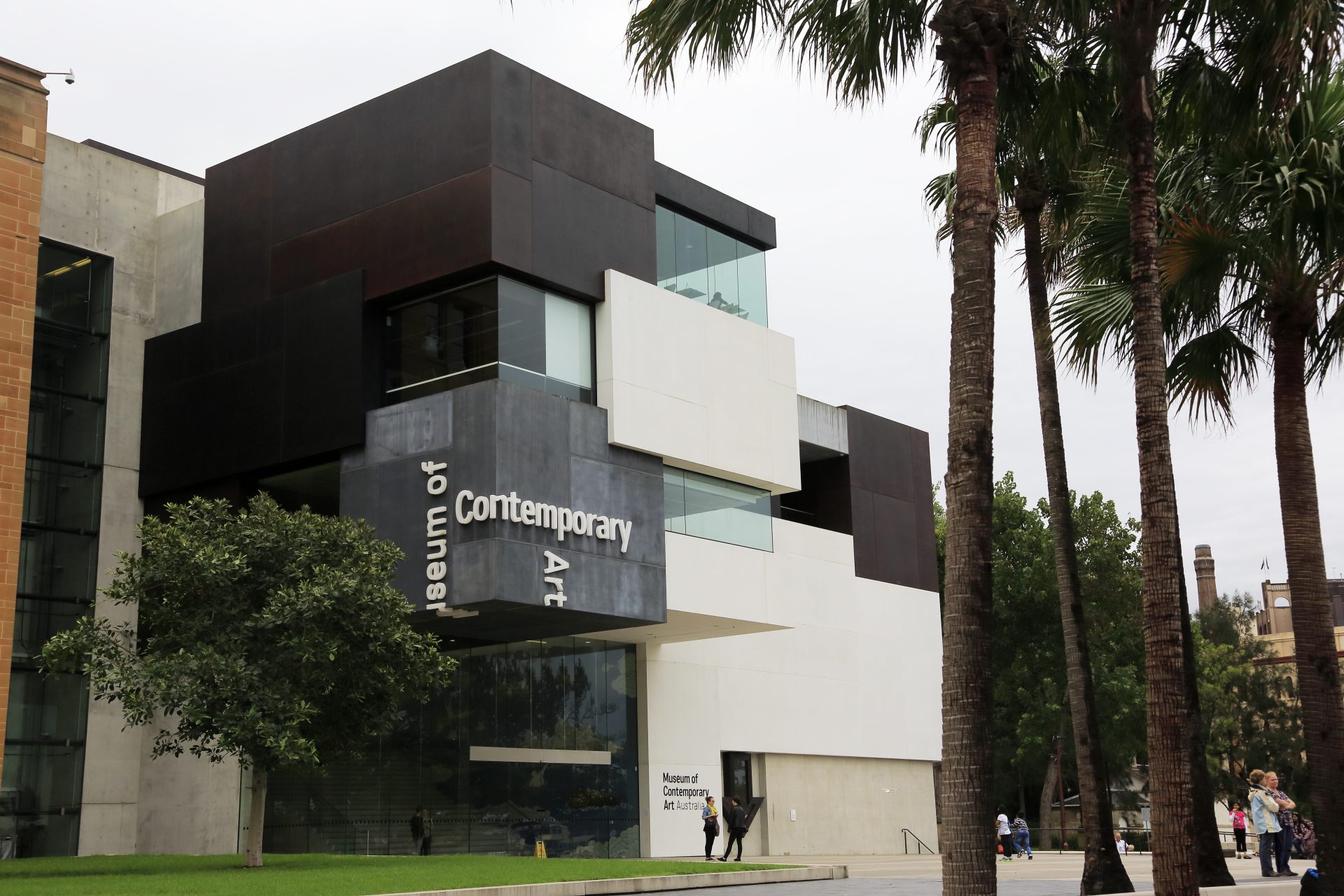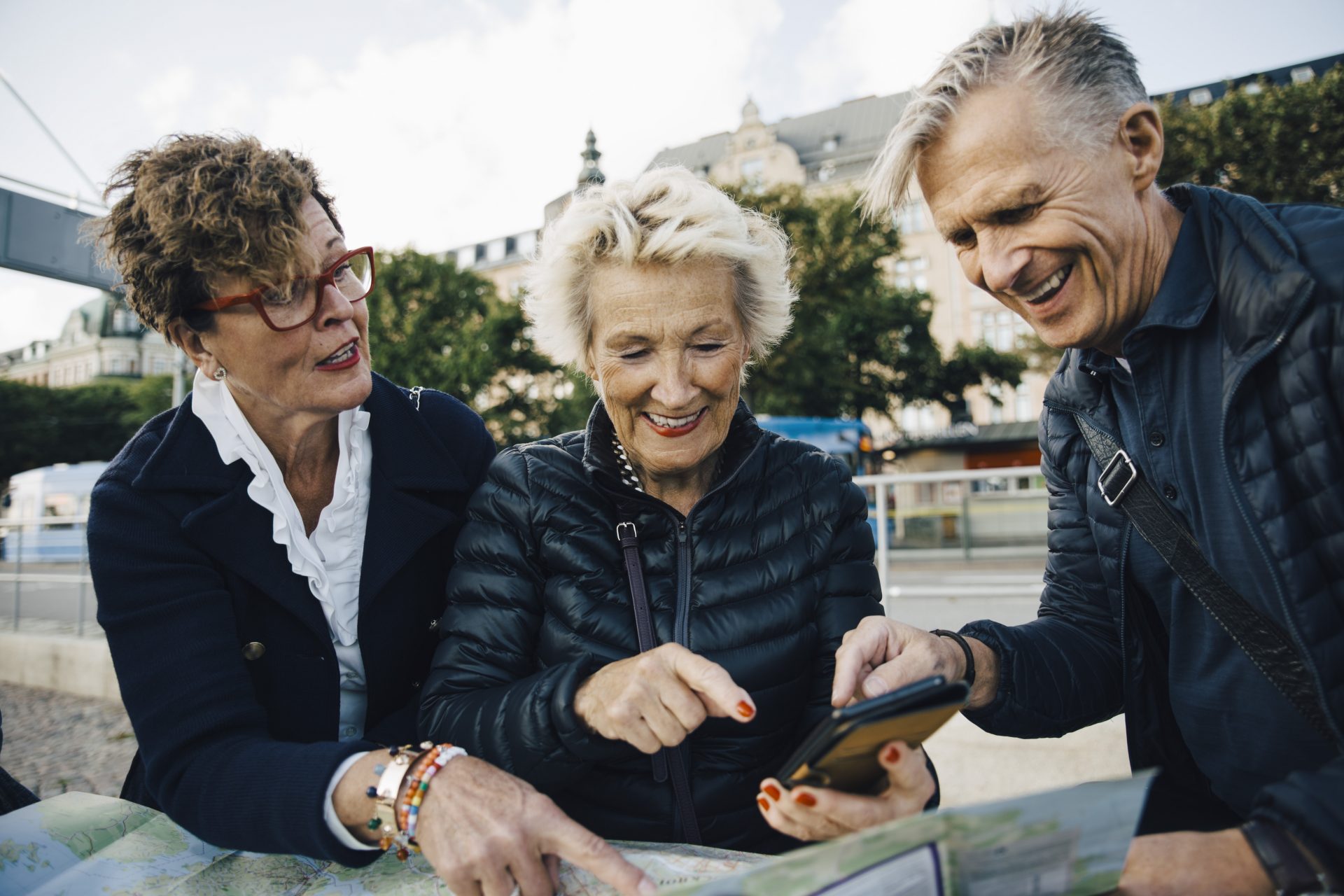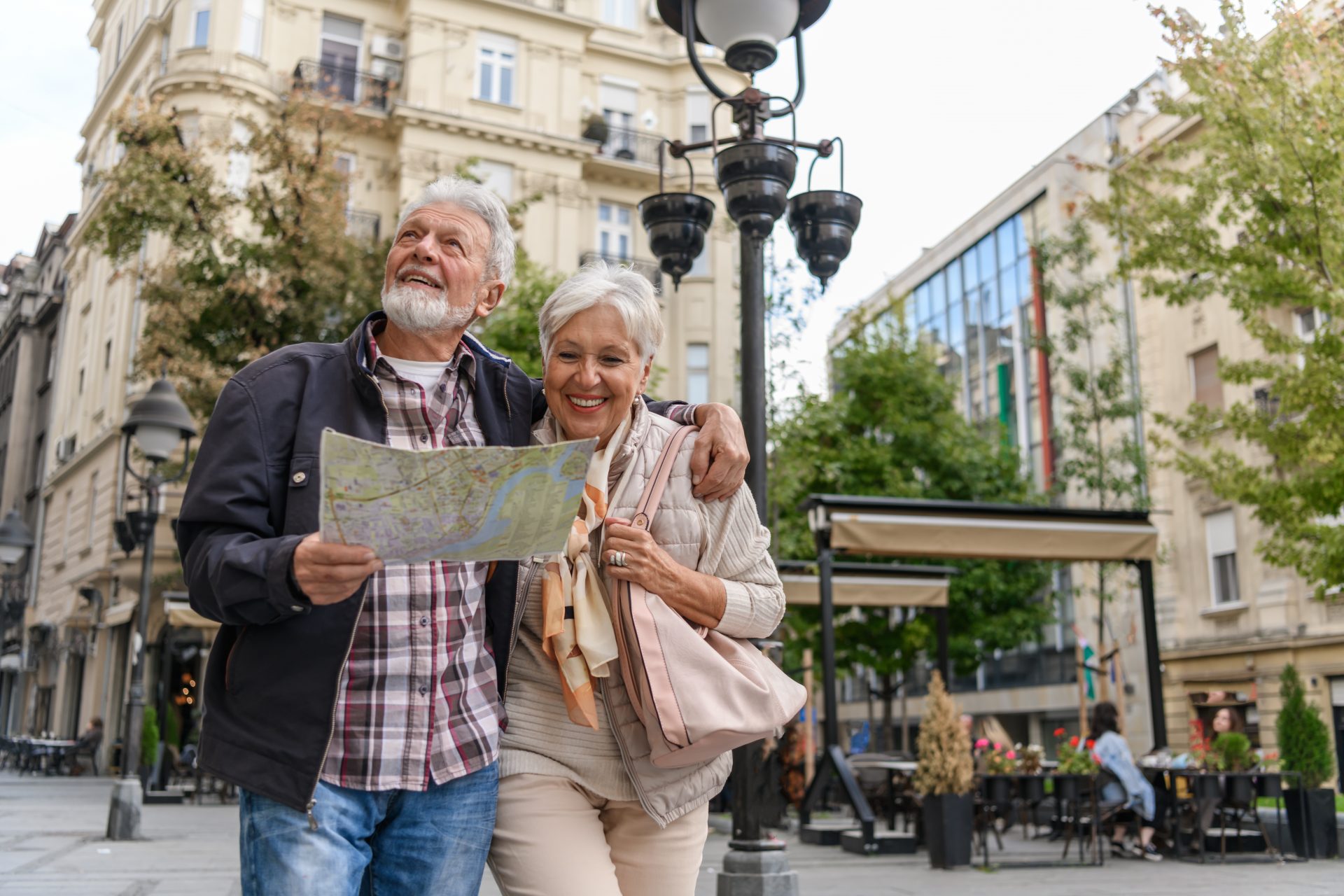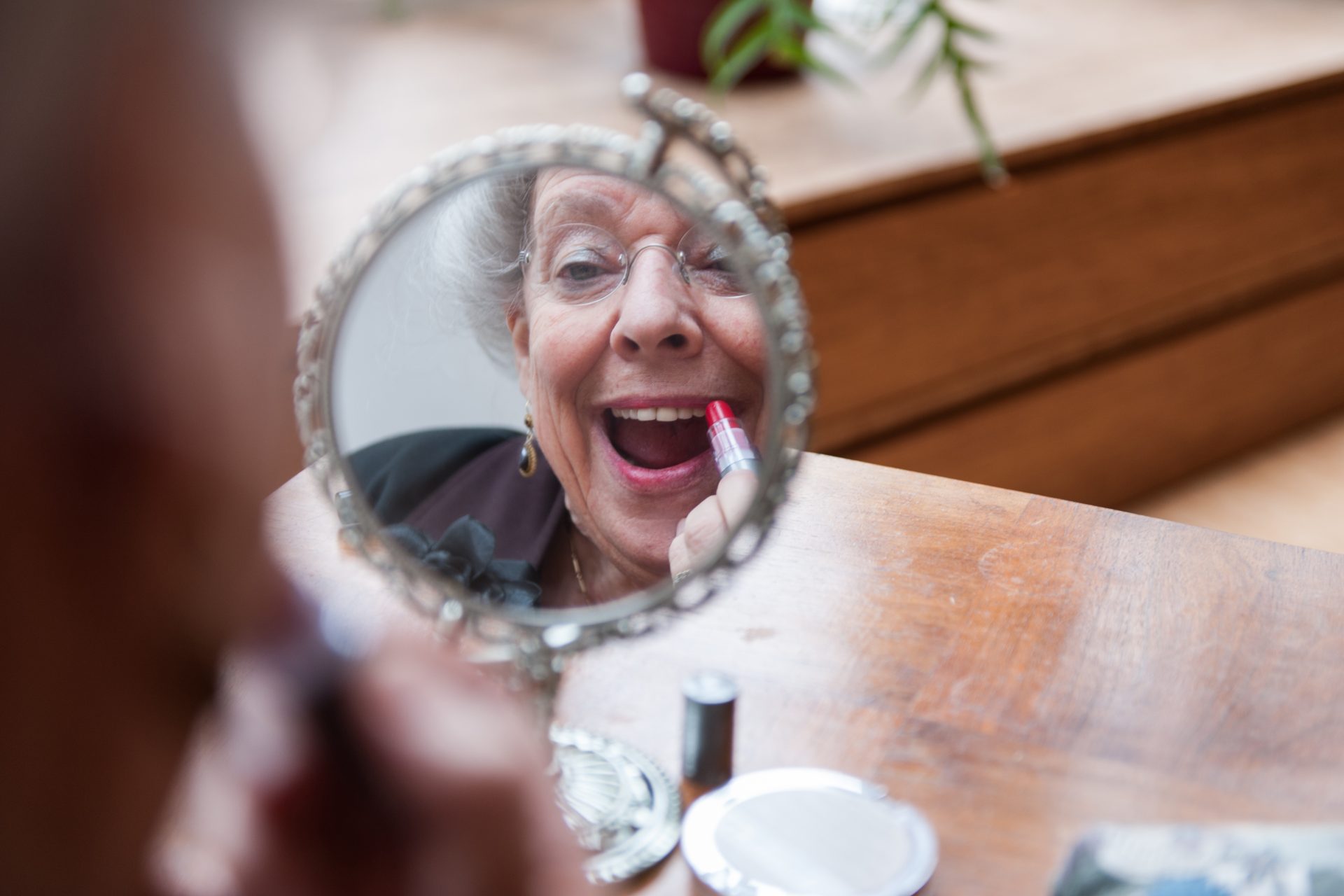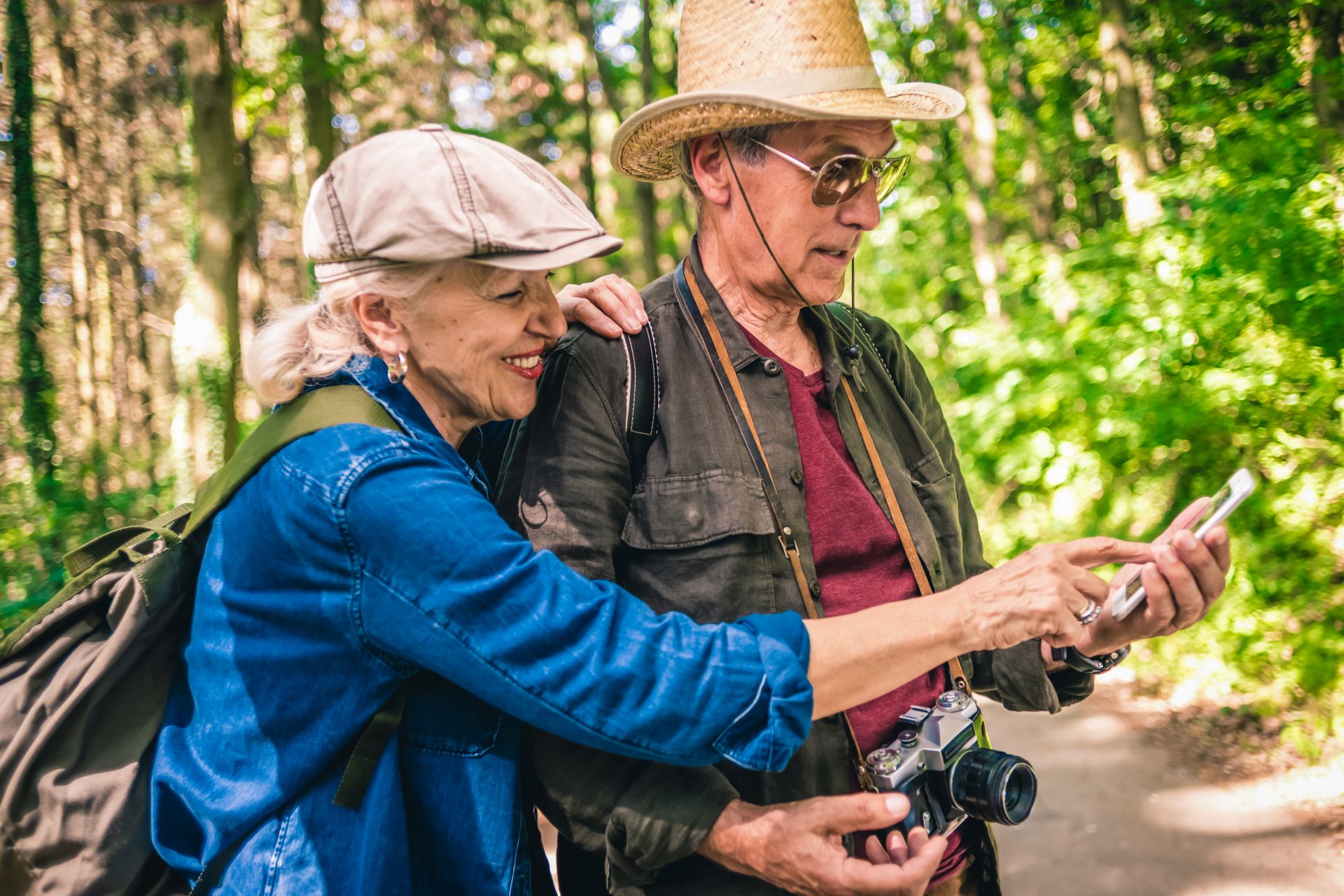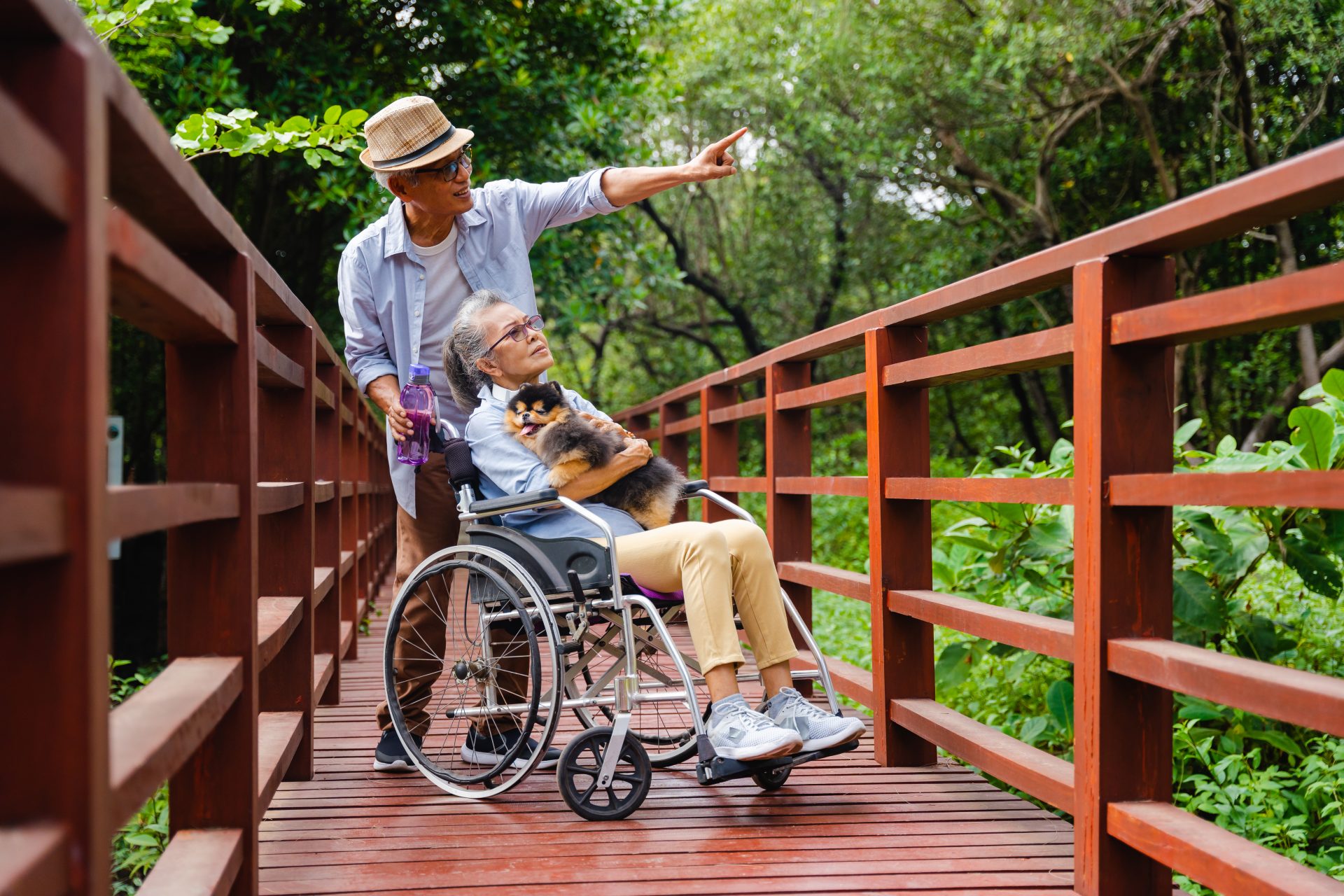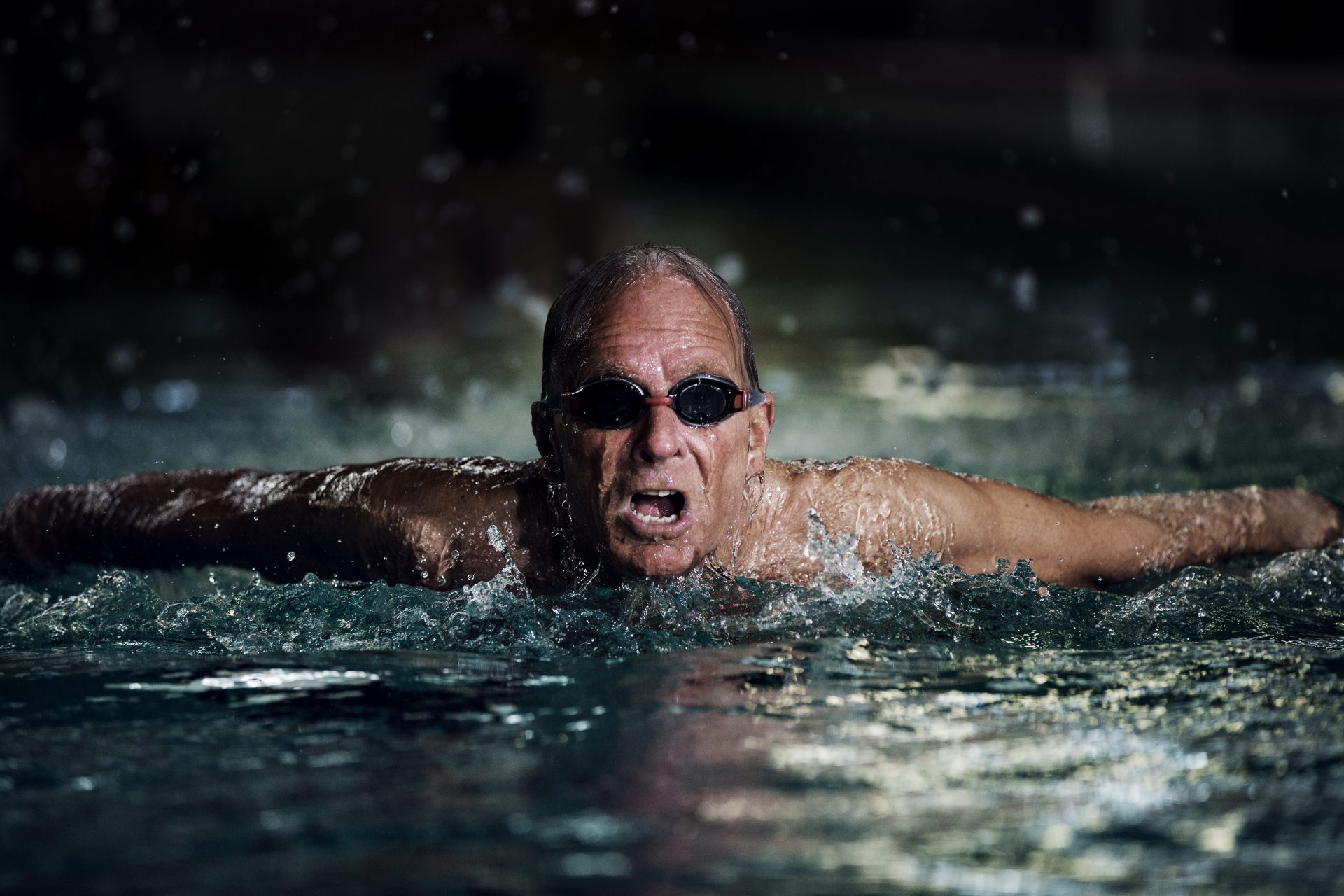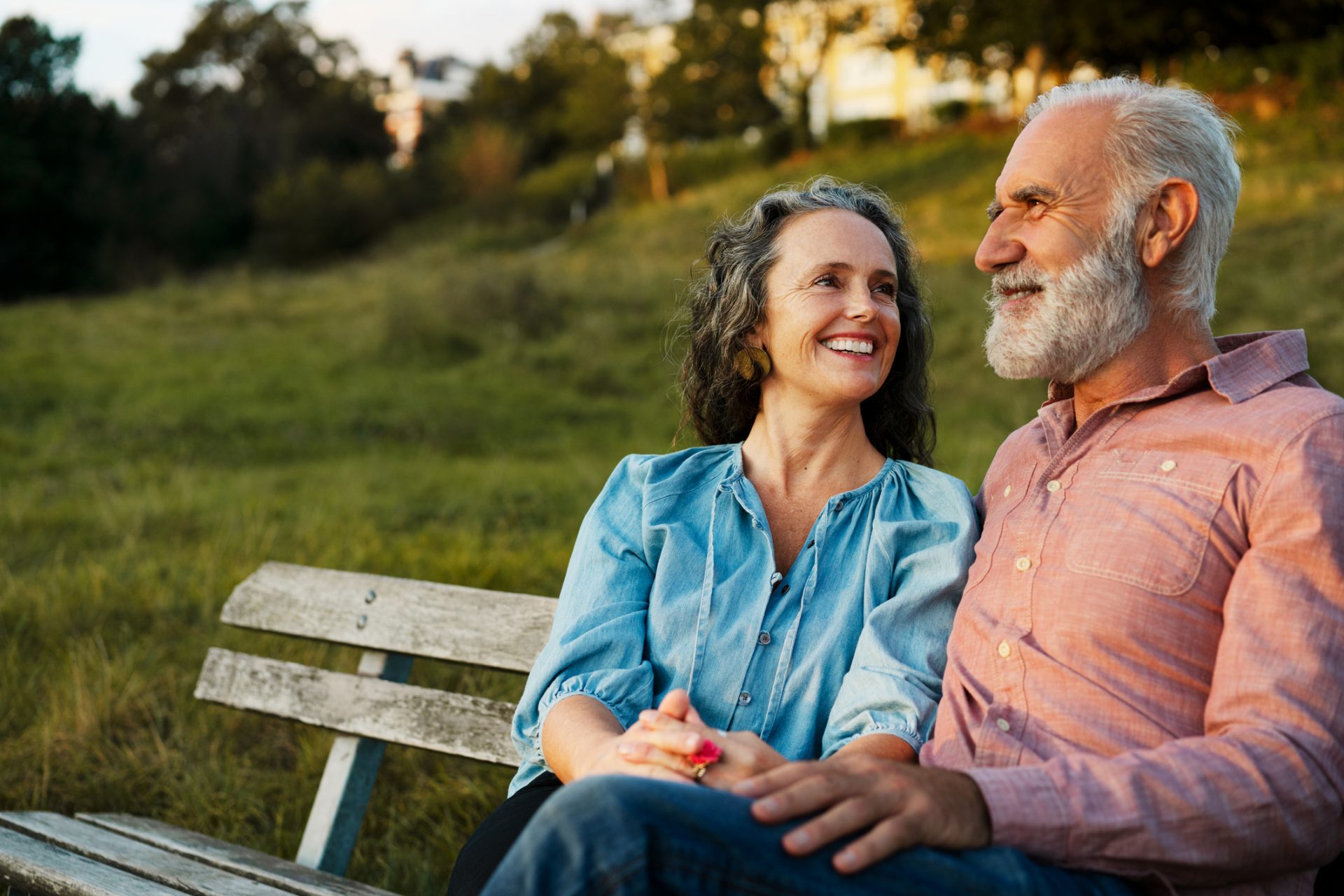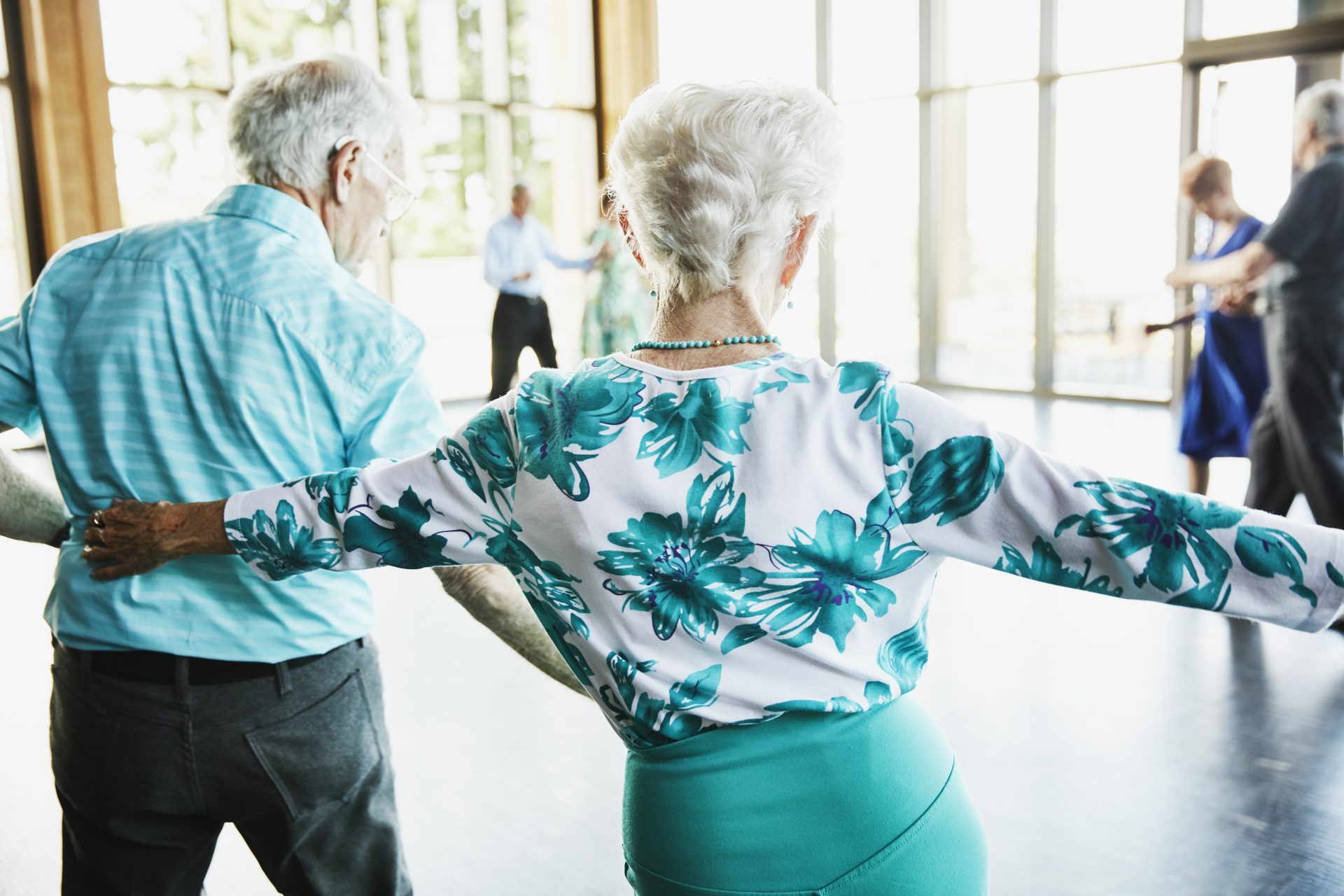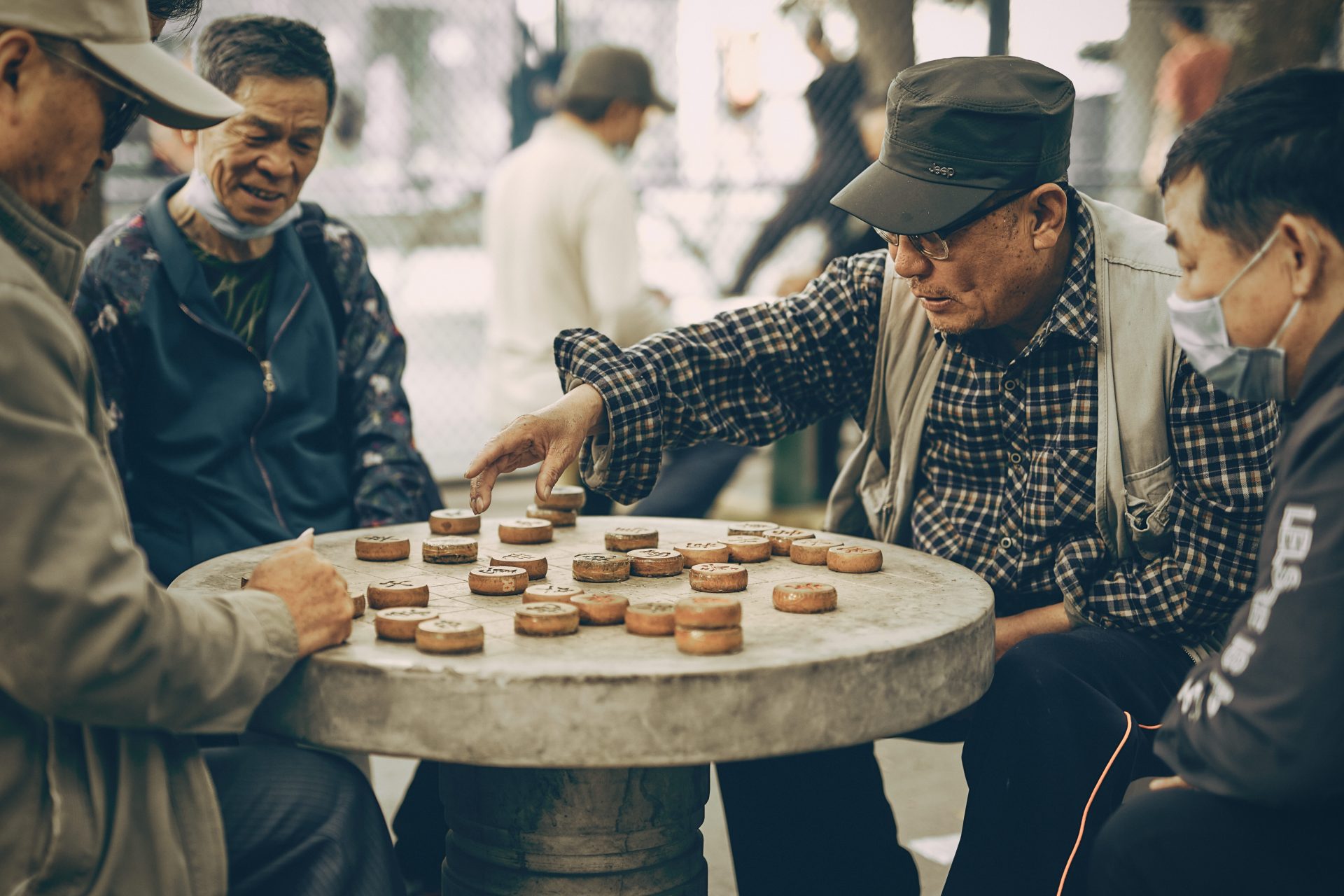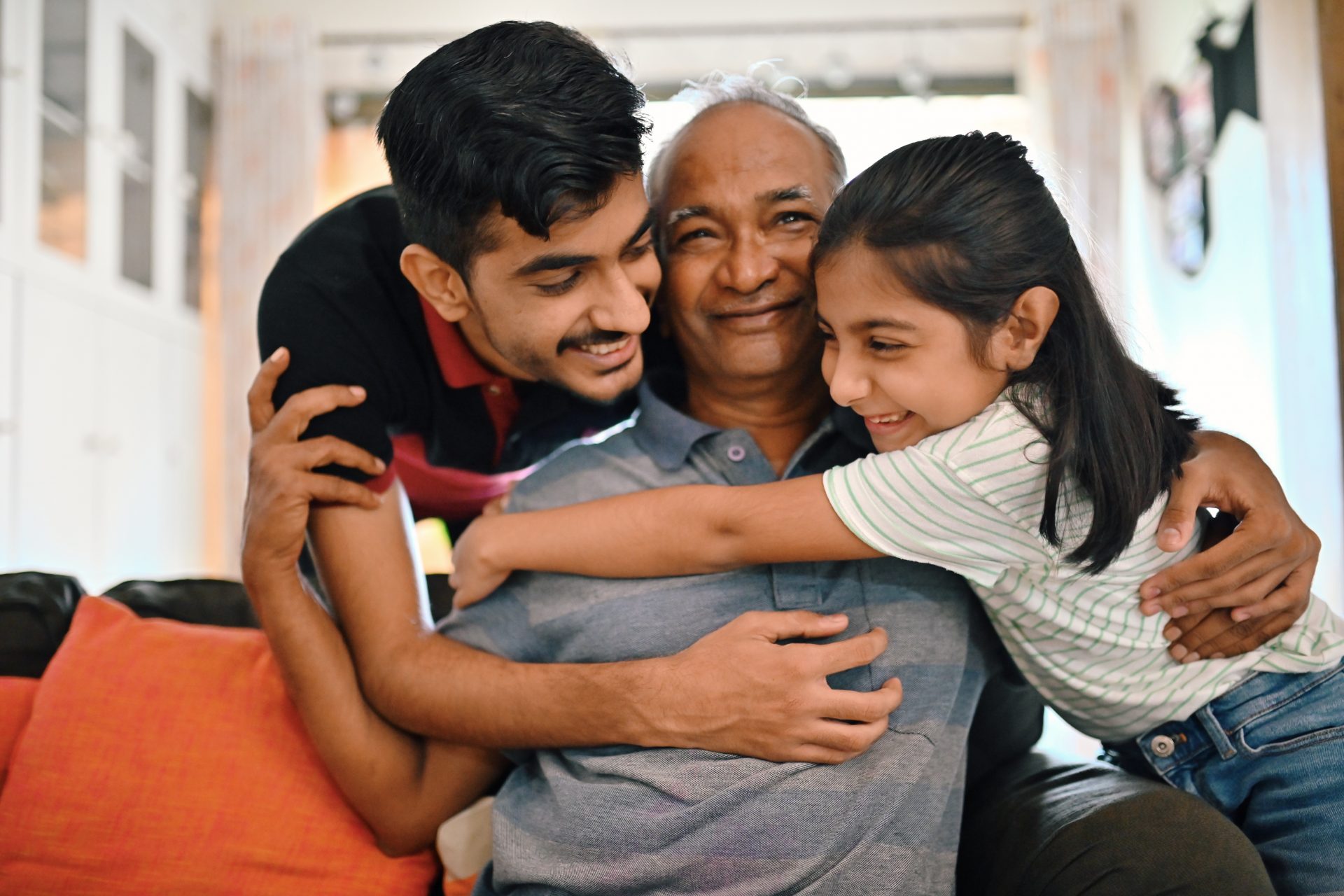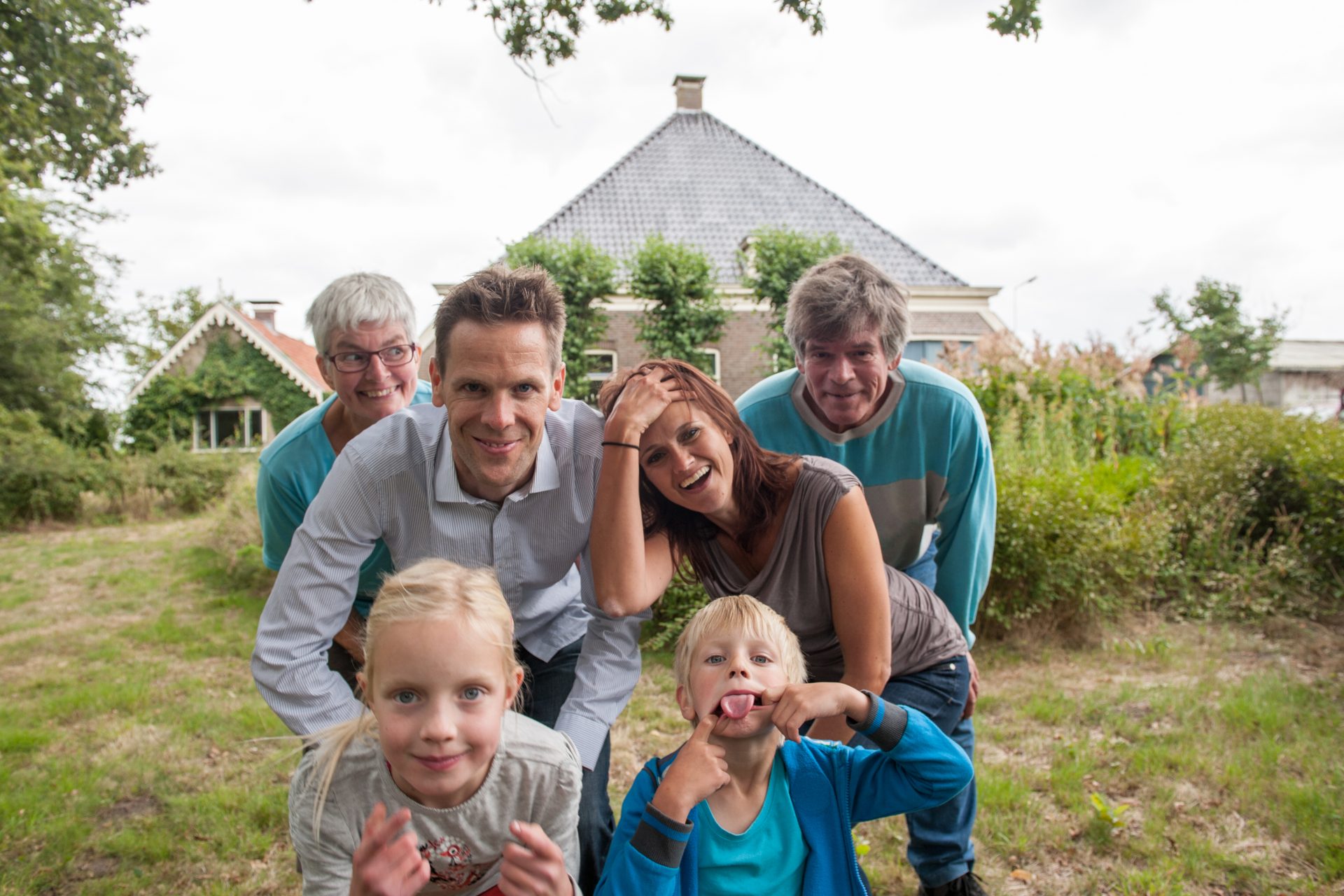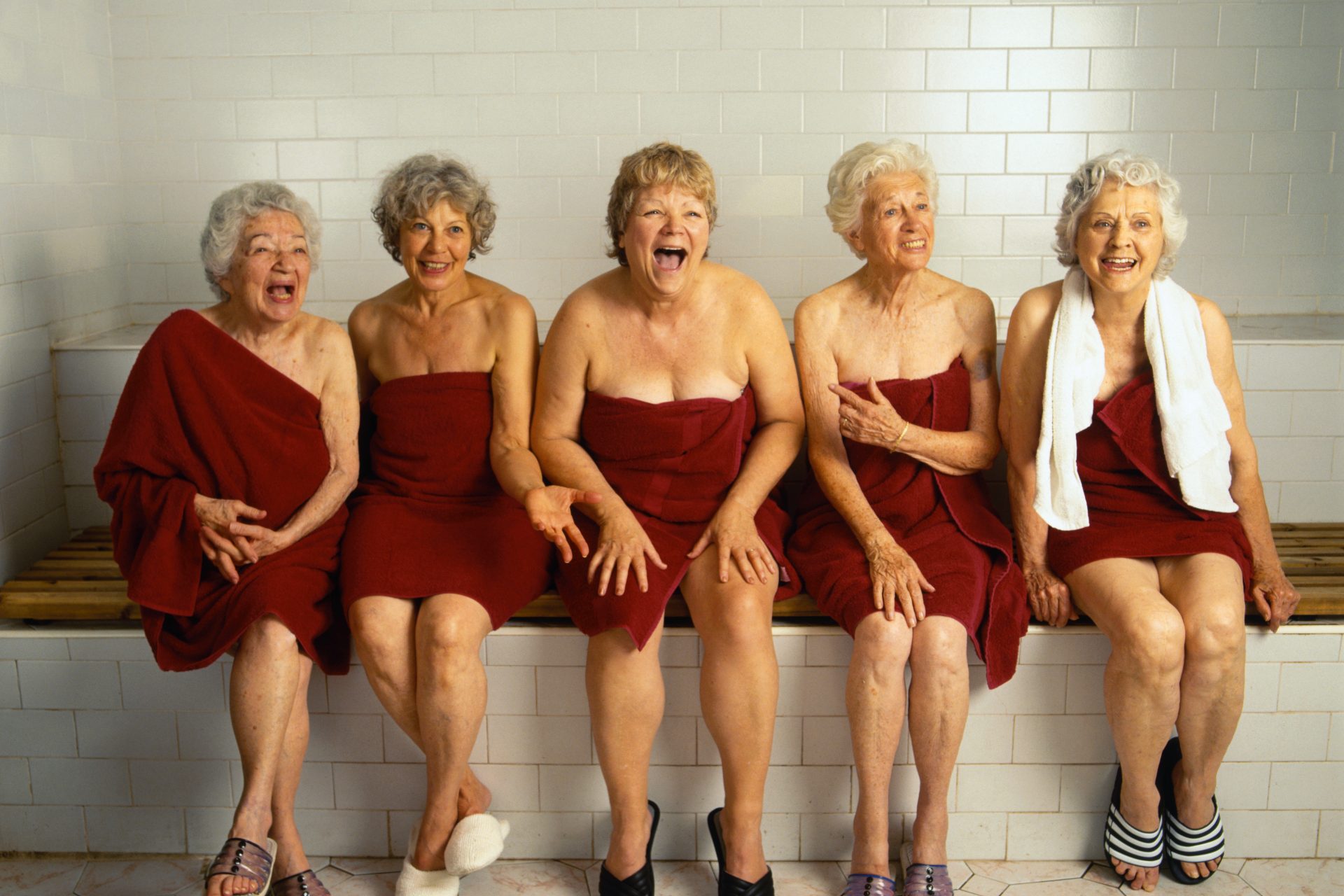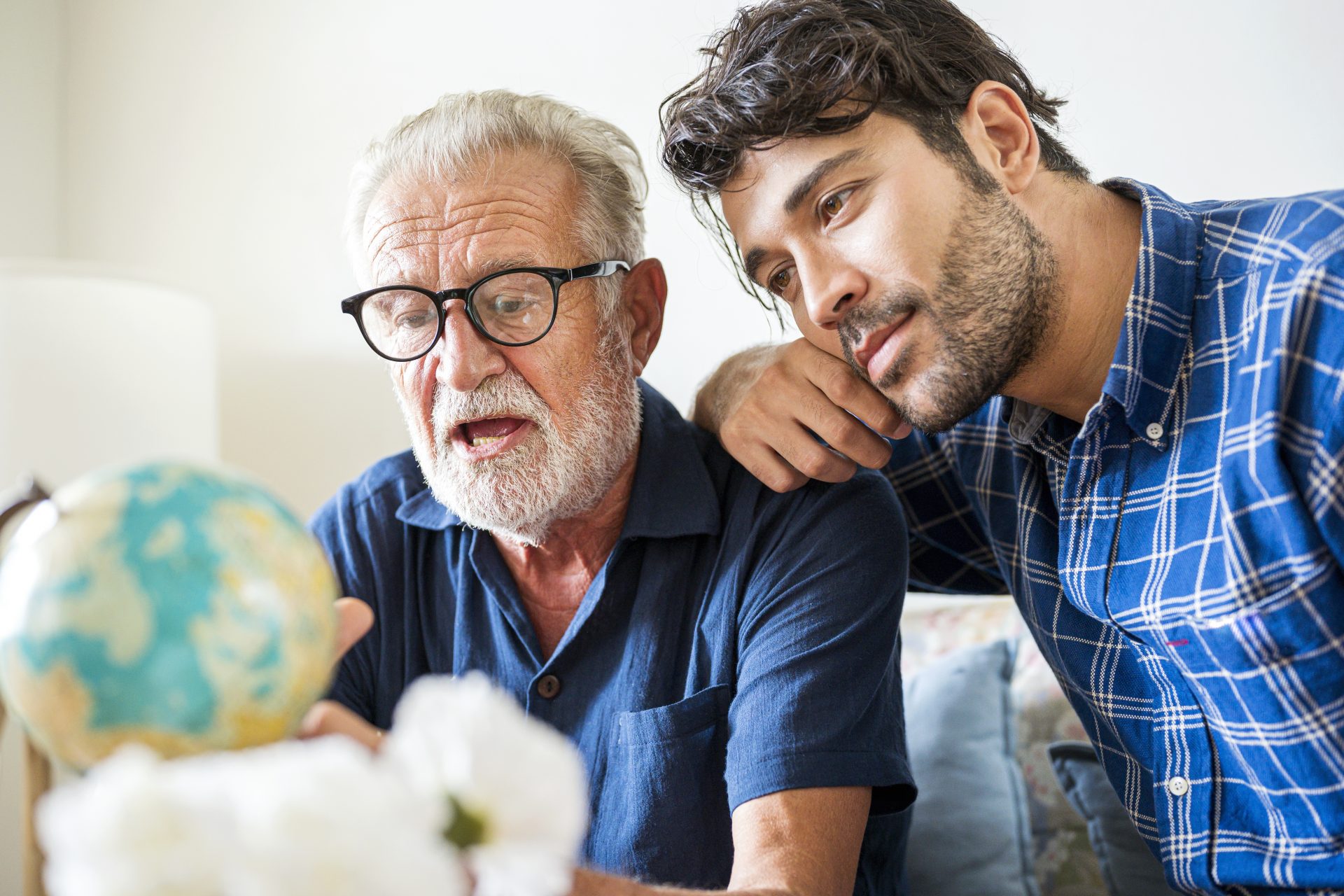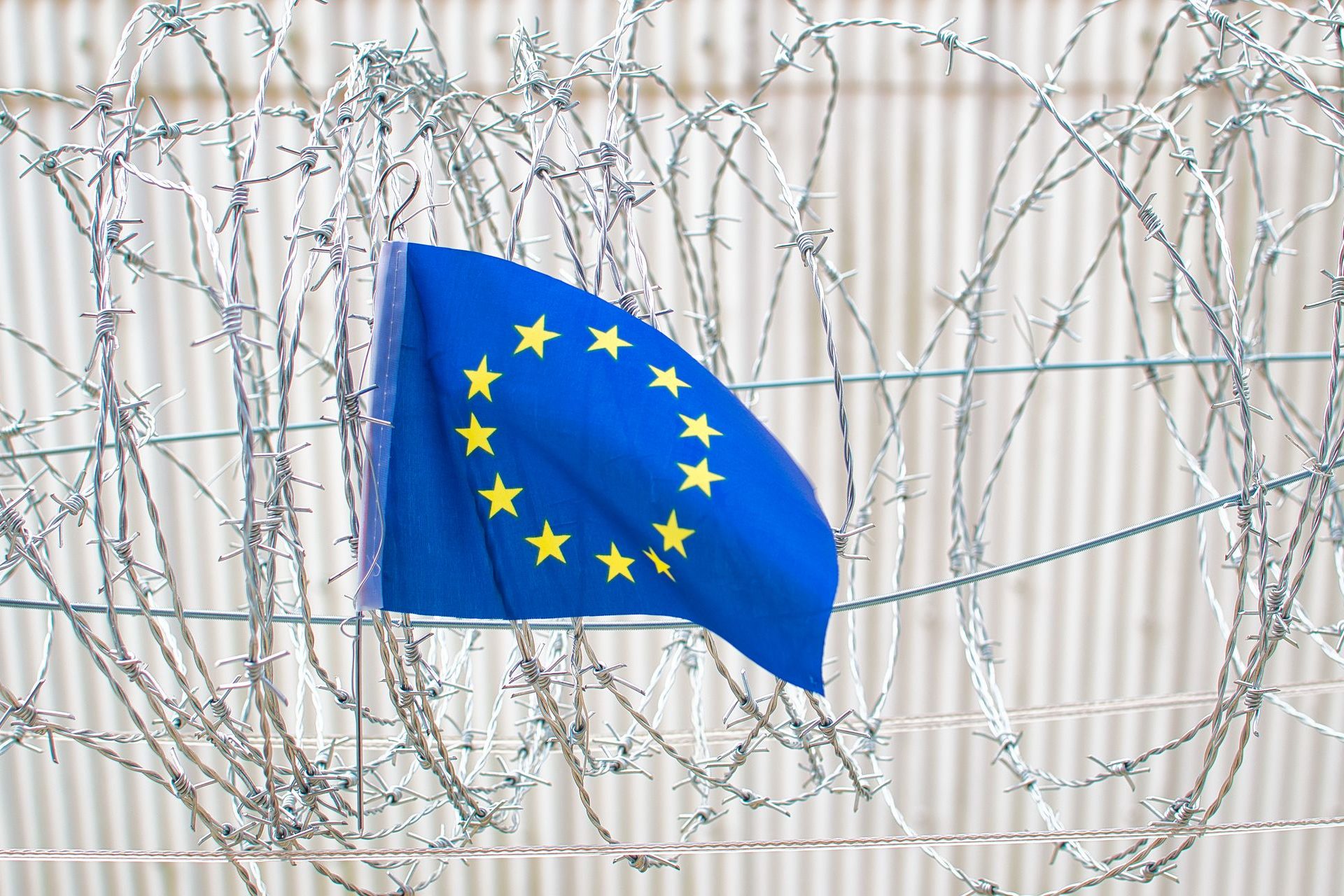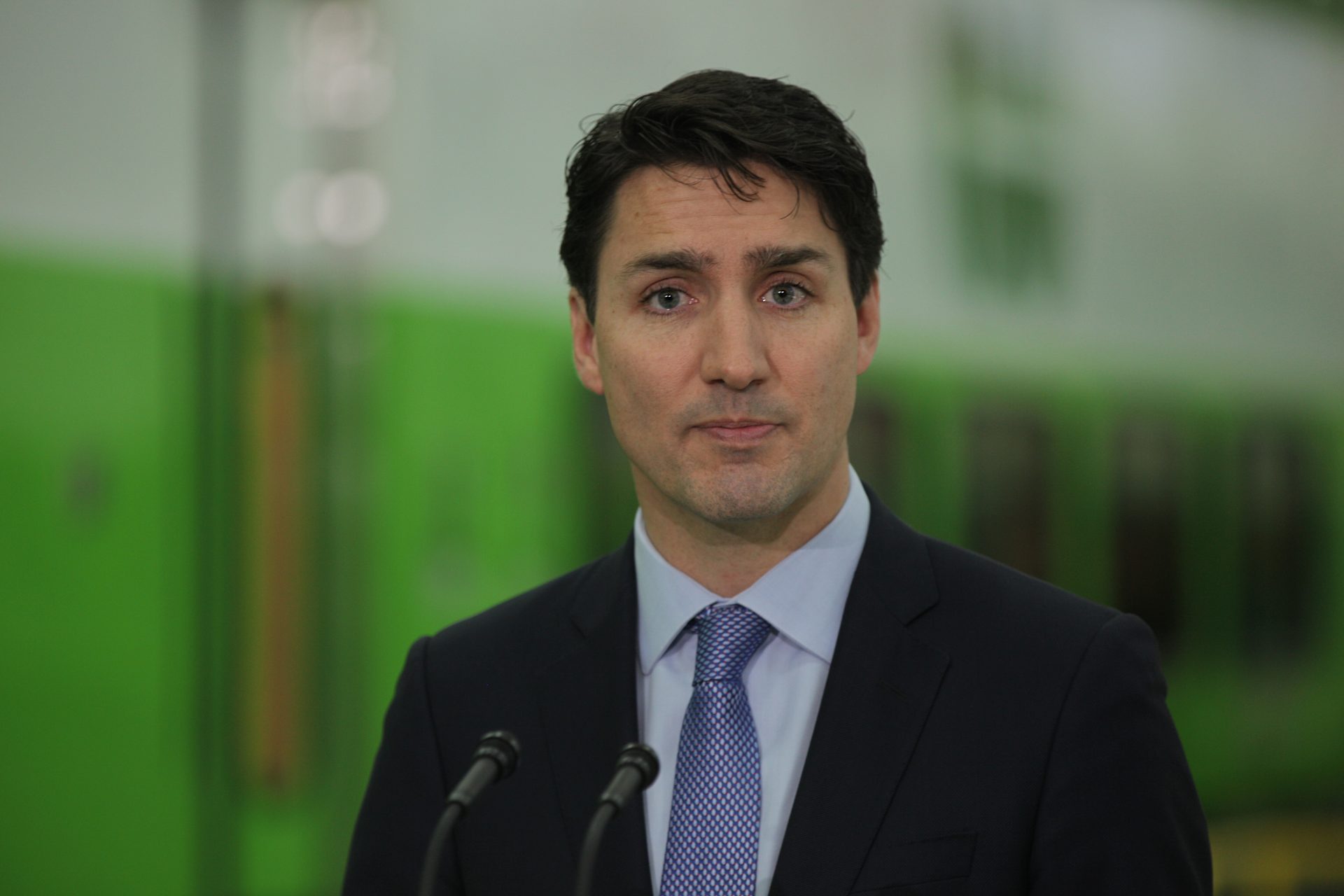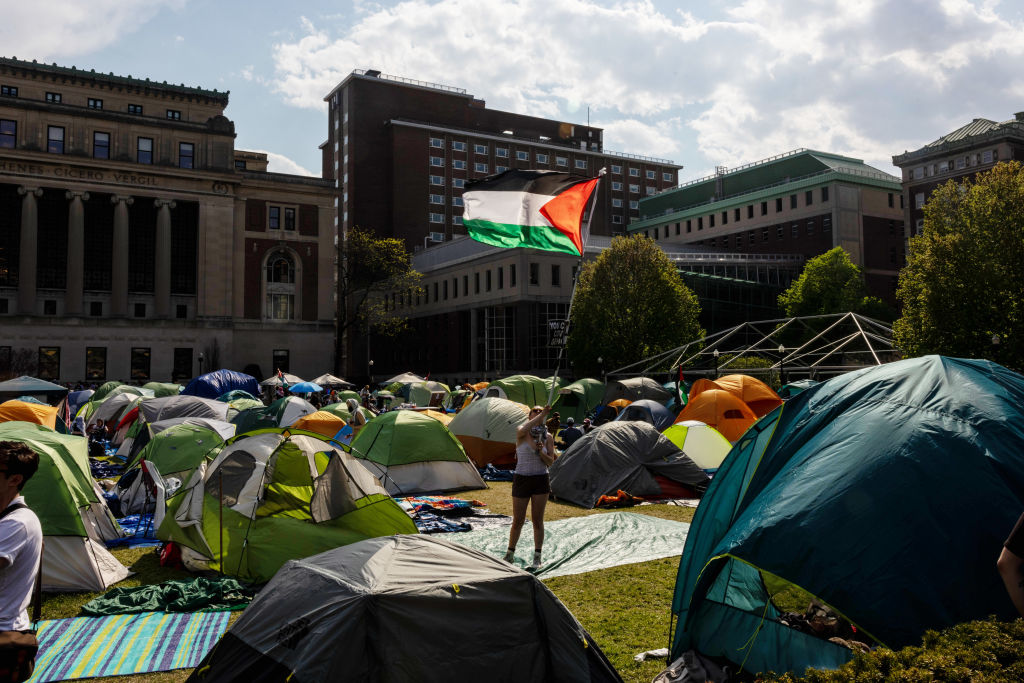Coping with dementia: strategies to improve quality of life
The data from experts is alarming: according to the WHO, 55 million people suffer from dementia in the world, and this number is expected to rise to 153 million in 2050. However, innovative tourism initiatives help give meaning to the lives of older people affected by this disease.
A collaborative study between the Center for Precision Health and the ECU School of Business and Law reveals the positive effects of travel on mental health.
Led by Dr. Jun Wen and made up of specialists in tourism, public health and marketing, Dr. Wen concludes, in an article published in Patrimoine's IG Gestion, that "tourism goes beyond leisure and its role in our current society".
By offering dementia-friendly travel, it is possible to promote awareness and understanding and encourage greater awareness of how to support those living with the condition effectively and in different contexts.
This is discussed in an extensive article published by National Geographic. They write that, in Sydney, the Australian Museum of Contemporary Art offers classes where educators discuss the meaning of specific works of art with participants with dementia, who are then given materials to create their own works at home.
According to Jun Wen, professor of tourism at Edith Cowan University, all tourism experiences stimulate brain function through anticipation and planning. He further states that "exercise is often an important component of tourist experiences, and is often included in dementia intervention plans," according to National Geographic.
Every trip begins when you are planning it. Cities offer all types of accessible spaces (parks, museums, etc.) to carry out different activities or carry out accompanying services.
The Pascal Maragall Foundation recommends good family communication and maintaining basic customs and routines (meal and sleep schedules). They also suggest that you plan a few but varied activities and take a familiar object to your vacation destination that is part of your everyday environment.
Another exciting and enriching activity for people with dementia, as National Geographic points out, are known as Memory Cafes. In Australia, they already have several of these meeting places where people with dementia socialize.
It is also recommended, as much as possible, to change your environment and experience new things that renew the spirit and rejuvenate body and mind.
Natural environments such as the mountains or the sea offer a wide range of sensory stimuli, such as the sound of waves, the aroma of flowers or fresh air. These stimuli can help awaken the senses and improve mood.
Swimming, yoga, pilates and walks are other highly recommended activities for people with dementia. We are talking about gentle exercise, something that helps maintain mobility, strengthen muscles and improve blood circulation and breathing.
Adapted tourism offers a way to enjoy shared experiences in a safe and stimulating environment, giving a sense of belonging and connection with others.
Many centers offer fun therapies such as laughter therapy, body expression therapies such as dance therapy, or connection with other people. Among the latter, the one known as the 'hug workshop' stands out, in which hormones that have to do with love and affection are released and bonds are strengthened.
And it is a fact that human relationships shared with family or friends and positive memories of new adventures can significantly improve our quality of life.
Photo: Zhang Kaiyv/Unsplash
Traveling and experiencing new and stimulating environments can provide valuable cognitive and emotional stimulation, which can help maintain your mental and emotional abilities for longer.
And we must not forget that traveling with an elderly relative can be an enriching experience for the entire family. Family ties are strengthened, inclusion is encouraged and there is a clear cultural enrichment. It is an opportunity to create unforgettable memories and share meaningful experiences together.
By offering adapted tourism options, we combat the stigma and social exclusion associated with dementia, promoting inclusion and equal opportunities for all people, regardless of their cognitive abilities.
In each city and country, there are human, technical and support resources available for recreational and tourist activities that benefit the entire family. Don't hesitate to make the most of life and, why not, also explore all the available options to the fullest.
More for you
Top Stories



